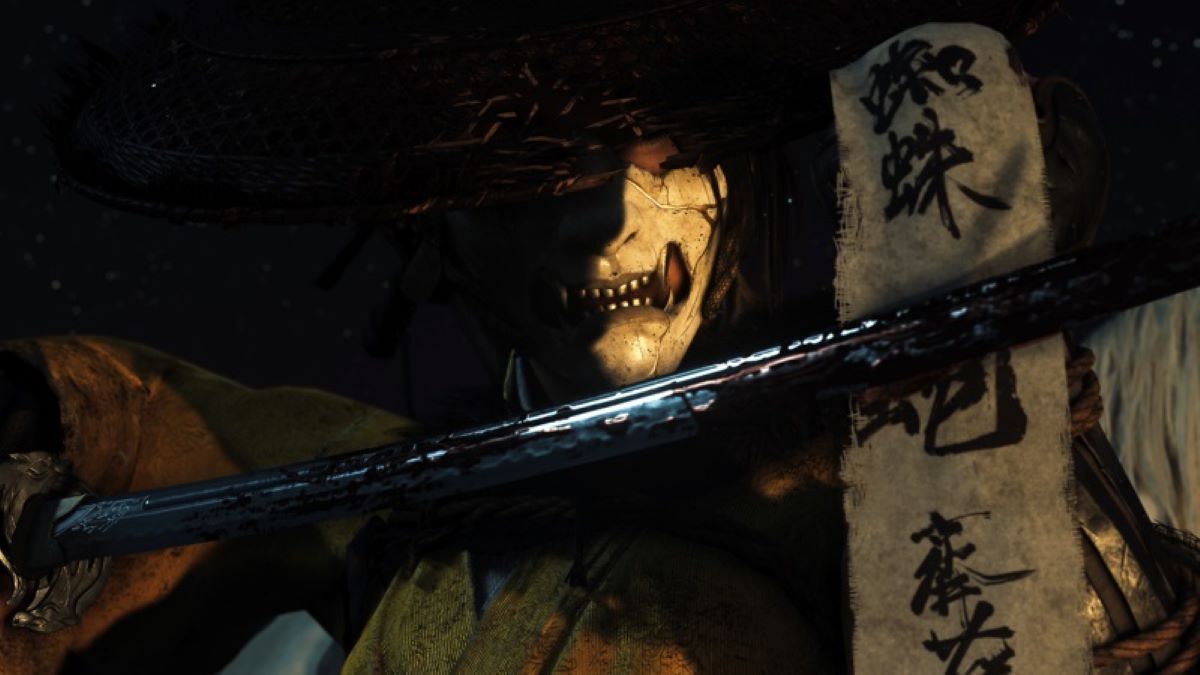Even before Ghost of Tsushima captivated players with its samurai protagonist and cinematic style, inspired by Kurosawa films like Yojimbo, the game’s designers were already confident enough to begin planning a sequel.
On Tuesday, Sucker Punch Productions officially announced Ghost of Yotei, marking the beginning of a new franchise.
This expansion will include at least one movie and other spinoffs, solidifying the series’ place alongside other iconic Sony PlayStation titles like God of War and Horizon Zero Dawn.
Nate Fox and Jason Connell, the creative directors of Ghost of Tsushima, had long envisioned a spiritual successor to the 2020 game, which transported players to the fringes of the Japanese shogunate period during the Mongol invasion of Tsushima Island in the 1200s.
The game was lauded for its historical accuracy, and with 13 million copies sold, fans eagerly speculated about a sequel.
An initial trailer for Ghost of Yotei, set to release on PlayStation 5 next year, introduces the game’s setting as “beyond the edge of Japan,” with a striking image of Mount Yotei, located in the northern Hokkaido region.
After scenes of snowy battles and bloodshed, a new protagonist named Atsu appears, bowing to a wolf companion as she gazes toward an unknown expanse.
“When we started working on a sequel, the first question we asked was, ‘What is the DNA of a Ghost game?’” Fox said. “It’s about immersing the player in the romance and beauty of feudal Japan.”
The inspiration for the new game’s setting came during two research trips to northern Japan.
The Sucker Punch team, mostly based in Washington State, visited over a dozen locations. The awe-inspiring sight of Mount Yotei reflected in Lake Toya particularly stood out to Connell.
“I sat there for two hours just staring at the mountain,” Connell said, describing the active stratovolcano, which resembles Mount Fuji. “It was stunning.”
Fox highlighted another memorable visit to Shiretoko National Park, located on Hokkaido’s northeastern tip, where he recorded natural sounds for the game’s audio team.
“Inside the park, there’s a video warning you about the dangers of bears,” Fox said. “Being in such a beautiful place with jagged cliffs and water, all while being aware of the bears, was electrifying.”

Fox noted that the sense of danger would be an integral part of the game’s atmosphere.
Without revealing too many details, the developers described Ghost of Yotei as a story of “underdog vengeance,” following Atsu as she traverses diverse landscapes, including grasslands and snowy tundras. Players will have more control over her story than they did in the previous game.
“One challenge in creating an open-world game is avoiding repetitive tasks,” Connell said, explaining that players will now be able to master firearms in addition to melee weapons like the katana. “We wanted to strike a balance and provide unique experiences.”
When Ghost of Yotei launches, it will face stiff competition in a crowded thematic space.
The Assassin’s Creed franchise is releasing its own game set in feudal Japan in February, and the Emmy-winning television series Shogun, set during the 1600s when the Tokugawa shogunate ruled much of Japan, is also on the horizon.
Fox, a fan of both the show and the book it’s based on, even named his dog, an Australian labradoodle, after the main character, Lord Toranaga.
The sequel to Ghost of Tsushima is just one part of Sony’s coordinated efforts to expand the series into a larger entertainment franchise.
A film adaptation of the original game has been in development for several years, directed by Chad Stahelski of John Wick fame.
In recent years, video game companies have found success in adapting their characters for the big screen.
Last year, The Super Mario Bros. Movie earned more than $1.3 billion at the box office, making it the second-highest-grossing film of the year. A year earlier, a movie based on Sony’s Uncharted games grossed around $400 million.
Hermen Hulst, the head of Sony’s studio business group, explained that expanding intellectual property across various entertainment formats helps drive players back to the original games. “We saw the same with The Last of Us on HBO,” he said.
“From a business standpoint, it makes perfect sense,” Hulst added. “When a TV show or movie is released, people are inspired to replay or invite friends to join them.”-